Recently I’ve started to feel like I’m not getting enough protein in my diet. For several months my arm muscles have hurt, my brain seems to be in a fog and getting worse, and my mental state is not as happy as I normally am. I’ve always been super skinny, registering off the scale on the downside on those little BMI meters, and that was true even before I became vegetarian around 40 years ago.
Maybe I’m not getting enough protein? This simple question has put me on a quest to find the cheapest method to get me protein in my body.
Plants are best
Plant-based protein is obviously my first choice, as I haven’t eaten meat or fish since I was in college. I believe a plant-based diet is God’s plan for us, and that many animals and fish are diseased. But I have this mental image that meat = protein.
Now the idea of killing an animal that God has created, and draining the blood and eating it, is beyond gross to me. Just writing about it now, my stomach is starting to churn. Yuck! I know there is lots of protein in meat, but unless God tells me to eat it, or to stay alive, I’m not going to.
But to me, fish is different. I see where Jesus ate fish. Not only did he eat fish, but he blessed it and multiplied it and gave it to others to eat. He called it “good” in one place. And the most amazing thing about it, is that he even ate some AFTER he had his resurrected body. That astounds me! Honey too. So no, Jesus was nowhere near being a vegan, not even a vegetarian, but a fish-eating vegetarian (pescatarian). Some people say he ate lamb, but there is nothing in the inspired words to definitely prove that position.
Kinako is hands-down the cheapest source of protein in Japan!
OK, so what is the cheapest source of protein in Japan? The clear winner is “soybeans”, and without a doubt, number 1 is:
. Kinako (roasted soybean powder)
The only other things that give this a run for the money are:
. Okara (Soybean leftovers from making tofu)
. Tofu
. Koya dofu (freeze dried tofu)
The sources I checked are based on classification of the underlying protein source. There is a simple table at the bottom of this post listing these sources in order.
Kinako is a traditional Japanese topping on rice cakes and other sweets to give a bit of a mellower, not-so-sweet taste. It is light brown in color, as shown here, and usually has no added ingredients. Sometimes people add sugar to it. Few people buy a whole bag of it anymore, and many people probably only know it as something in a tiny bag to sprinkle on warabi mochi. This bag has soybeans from Canada and the U.S.
But look at the amount of protein!
36.5 grams per 100 grams – wow! This bag has 200g in it, and the cost? I bought it at Gyomu Super. https://www.gyomusuper.jp/ They have stores all over Japan, and are known for being cheap. Here you can get 73g of protein for only 65 yen, which means you get MORE than one gram of protein for 1 yen. This is the only product I currently know of in Japan where you can get more than one gram of protein for one yen. HOLD THE PRESSES! It looks like there is a mini boom in kinako right now, as today when I went to get some more, they had 1kg bags for – drum roll – only 298 yen!!! 298 yen for 367g of protein! This is unbelievable. Only .81 yen per gram, or 1 yen for 1.23g!
Tofu, again at Gyomu Super, is 29 yen for 350g. Momen (cotton) tofu has 7.1g/100g, while Kinu (silk) tofu has 5.5g/. The average size pack usually is 350g, so the amount of protein in a pack of Momen tofu is 24.85g. As you can see, it is very near 1 yen for 1 gram, but not quite. It is 1.17 yen for 1 gram.
If you think tofu has no taste, just wait until you try okara! It has really no taste, and even with sauce or something, makes my mouth mealy. Some tofu shops give it away free. But Gyomu Super has it in like a bread crumb form, that may be useful for breading when frying something, or thickening soups or something. It is 258 yen for a 1kg bag, so is 1.12 yen for 1 gram.
Dried tofu (Koya dofu) is cheaper at some other stores, and at the cheapest I’ve seen, it runs around 198 yen for 10 blocks. With each block containing 15g, it means the product has 150g of protein altogether. As it takes 175 yen to get 150g of protein with the cheapest tofu, you can see that dried tofu is just a touch more expensive than regular tofu at 1.32 yen for 1 gram.
Not a soybean fan? How about protein powder or eggs?
That’s all very well, but what if you aren’t fond of soybeans? Soybeans are a bit hard to digest for some people. Personally, I find that I cannot eat any beans at the evening meal, unless I want my stomach to be churning like a washing machine all night! I’ve read that the protein structures in beans are quite complex (long) which may account for that. At any rate, let’s continue with the results of my search for cheap sources of protein:
. Protein powder (whey and soy)
. Eggs
When I first started looking into getting more protein, protein powders were the first thing that I thot of. I tried them once in 1993, and did increase my weight from 47kg to 51, the highest in my life. However, it was expensive, and I faintly remember that I didn’t feel all that great, altho I did get one or two comments that I looked better. Anyway, I see now that at all the shops I’ve been to, the cheapest protein powder is 2,980 yen per kilogram. One kg has roughly 800g of protein, so you can see that it is a bit expensive. However, in checking on the net, I see where you can get it for 1,980 at 2 or 3 shops, and sometimes even a touch cheaper. At 1,980 yen, that would mean roughly 2.5 yen per 1g of protein. You have to read the ingredients pretty carefully, as many of them have chocolate or other flavors. But at this price point, usually they are just straight whey isolate or soy isolate. Frankly now, I’m wondering why this is so much more expensive than kinako. If kinako could be rebranded as a protein supplement, someone could make a ton of money!
Eggs are usually sold 10 in a pack, and sometimes you can find them at a supermarket for 138 yen or less. M size eggs have 50g of edible content, and while I find protein levels vary widely, 6.2g per egg is the most common. That means one pack has 62 grams of protein. That translates into around 2.2 yen for 1g.
Dairy is the cheapest in many countries, but not Japan.
Milk and dairy products are natural places where most people look when trying to find protein. For the 2 top kinds of protein powder, one is whey, which is the liquid byproduct of cheese and yogurt production, showing that there is quite a bit of protein in dairy products.
. Cheese
. Milk
. Yogurt
Shredded cheese can be bought at Gyomu Super for 360 yen for 400g. The protein content is 24g/, so 96g for 360 yen, or 3.75 yen for 1 gram.
Milk I checked is 129 yen for a 1 liter carton. Depending on the kind of milk, not only the price, but the protein content also varies widely. Protein is around 7g for 200ml, meaning 35g per carton, or about 3.7 yen per 1 gram. Be careful, as “Lowfat” milk nearly always has less protein than regular milk. The cheapest I’ve found is at supermarket “Sandy” – 95 yen for a liter containing 34g of protein, or only 2.8 yen for 1g.
The cheapest yogurt I know is 98 yen for 400g. With a protein content of 4.2g/, that means 16.8g for the container, giving a price of nearly 6 yen for 1 gram.
Nuts, seeds, and grains are cheapest sources of protein in some countries
. Peanuts/Peanut Butter
. Ground Sesame/Tahini
. Oatmeal, Wheat
. Cooked noodles (wheat – stir fried – wide)
. Dried noodles (soba – buckwheat)
Peanuts are probably the cheapest source of protein after soybeans in many countries. Peanuts can be bought at Gyomu Super at a price of 88 yen for 160g. There are 26.2 grams of protein per 100g, giving about 42 grams a bag. So it is barely over 2 yen per 1 gram of protein. Crunchy peanut butter at Gyomu Super (but it is made in China!) is 198 yen for 340 grams, and with 22.5g/, that means 76.5 grams per jar, translating into 2.6 yen for 1 gram. Costco has 2.72kg (!) for 1,980 yen. 27g/ means 734 grams of protein total, giving 2.7 yen for 1 gram.
Powdered sesame is available at Gyomu Super in a 105g bag for 78 yen. At 20.3g/ per 100g, that means the bag has 21.4g of protein, which gives about 3.65 yen for 1 gram. Tahini from Greece is available too, at around 5 yen for 1 gram.
Oats and wheat are probably the only grains in Japan that are cheap and have a high protein content. A 1kg bag of oatmeal at Gyomu Super has 125g of protein, and with the price of these oats from Canada staying at 398 yen for 20 years or more that I’m personally aware of, that gives 3.18 yen for 1g. But recently they’ve started importing from Lithuania, and while the quality is not up to Canadian standards, it claims to have 13.5g protein for 100g of product, and at the price I paid today of 138 yen, that means basically 2 yen for 1 gram. Soft wheat flour is for sale also at a price of 118 yen for 92g of protein, giving a very good price of only 1.28 yen for 1 gram.
Stir-fried noodles in small packs are very popular. A 200 gram pack of udon noodles is as low as 16 yen at Gyomu Super. However, the protein content is not so high. The highest protein content of the pack noodles seems to be the durum wheat fettucine noodles at 9.2g, but the price is 19 yen, making the wide, stir-fried noodles (yaki-soba), the cheaper protein source at 2.08 yen for 1 gram.
Dried buckwheat noodles (called “soba” in Japanese) can be purchased in a bag of 1kg at Gyomu Super for 185 yen. These come in 100g bundles, so it is very easy to know exactly how much protein you are getting – 13.3g. This gives a price of only 1.39 yen for 1 gram. Buckwheat noodles don’t fill me up tho, like most of the other foods on this list do.
If you like to kill something for its protein, here’s your cheapest bets.
The above gives the cheapest vegetarian sources of protein I’ve been able to find in Japan. I will not spend much time on the fish or meat sources, but will quickly list a few.
. Tinned fish
. Dried fish
. Fresh fish
Cheap tinned fish protein sources are usually either sardines or mackerel. Many of them come from China, like the 87 yen with 37.5g of protein can of mackerel at Gyomu Super. But I don’t trust China, or want to give that Communist country any money at all if I can help it. Their fishing practices are also predatory. Most of the rest of the cheap fish products come from Thailand and sometimes Vietnam. A can of Mackerel from Thailand costs 118 yen, and contains 37.5g of protein, giving 3.2 yen for 1 gram. I have seen a can of sardines as low as 88 yen, with 27g of protein which translates to almost the same price as the mackerel.
Dried fish usually means either the really tiny “fry”, or sardine adults. They can be really competitive against all other sources of protein, except soybeans. A 330g bag of dried sardines costs 298 yen, and at 64.6g of protein per 100g, that means 1.4 yen for 1 gram.
In checking the fresh fish today, I found that a fresh pack of sardines in two rows with sticks thru their mouths contained 30 grams of protein per 100g, but there was no mention of the total weight of the package! My guesstimate is around 1kg, and with the price at 399 yen, that would mean roughly 1.3 yen for 1 gram.
I checked all the following products, nearly gagging at the sight of them today.
. Chicken breast
. Hamburger
. Weiner/Sausage
None of them were under 4 yen for 1 gram.
Roasted soybean powder (kinako) is champion of cheapest protein sources in Japan!
Yen per gram of protein
1. 0.81 Kinako
2. 1.12 Okara
3. 1.17 Tofu
4. 1.28 Wheat flour (soft)
5. 1.30 Fresh sardines
6. 1.32 Dried tofu
7. 1.39 Dried buckwheat noodles
8. 1.40 Dried sardines
9. 2.00 Oatmeal
10. 2.08 Noodles (wide, stir-fried)
11. 2.10 Peanuts (China)
12. 2.20 Eggs
13. 2.32 Mackerel (China)
14. 2.50 Protein powder
15. 2.60 Peanut butter
16. 2.80 Milk
17. 3.65 Ground sesame
18. 3.75 Cheese
19. 4.00+ Dead meat
20. 6.00 Yogurt

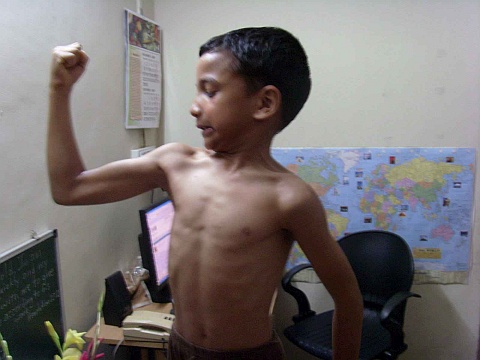
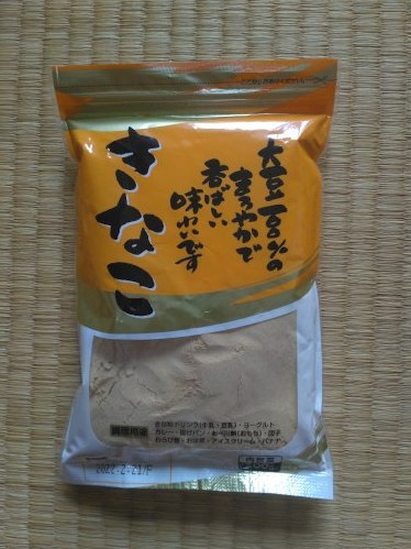
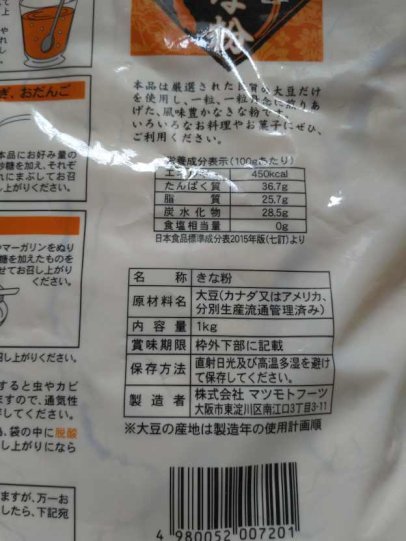
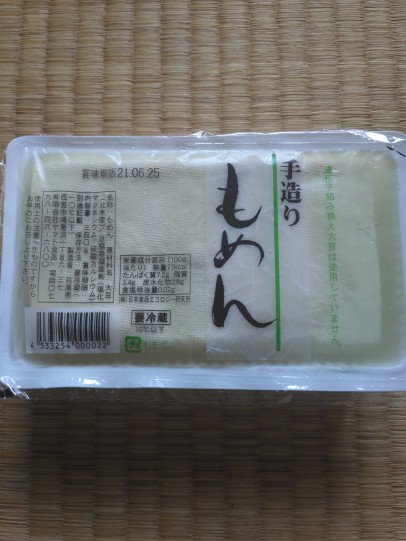
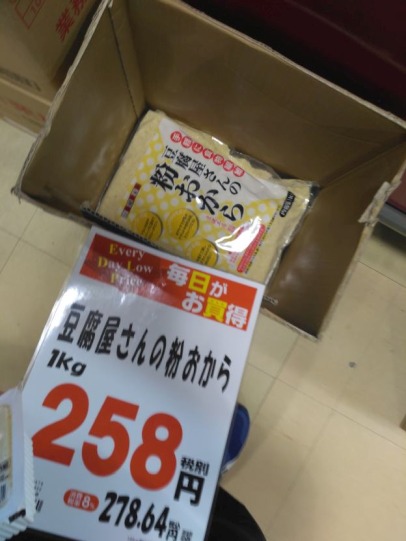
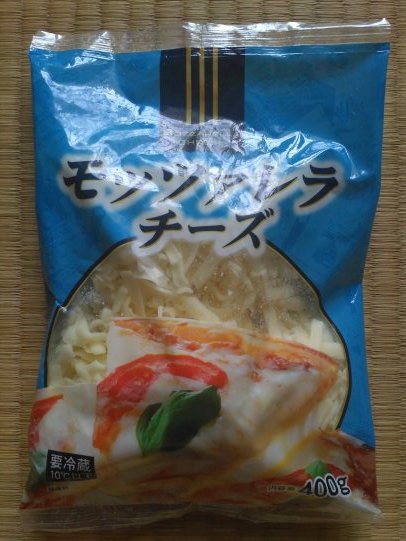

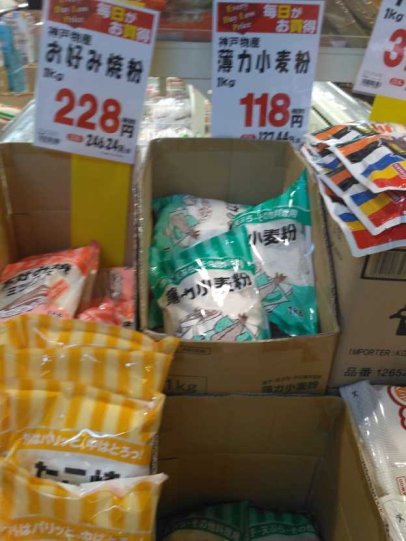
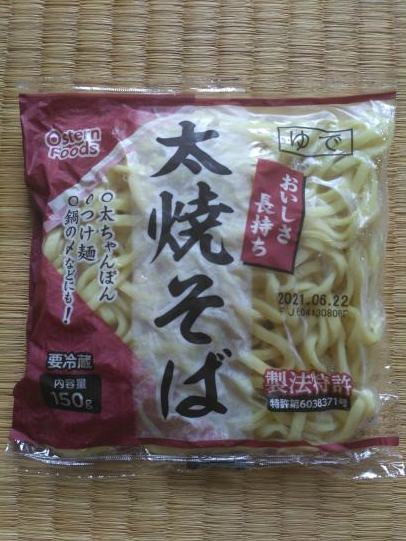
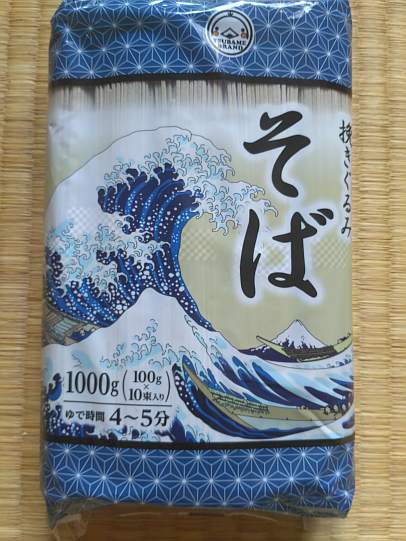
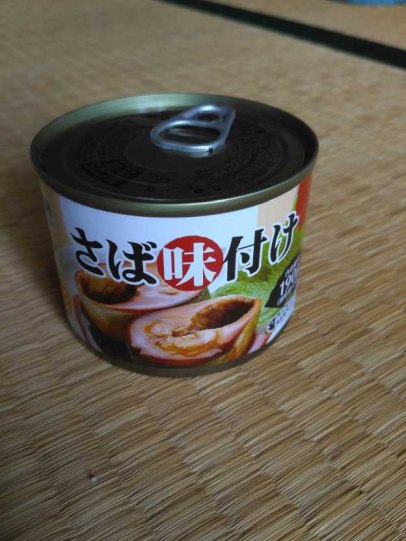
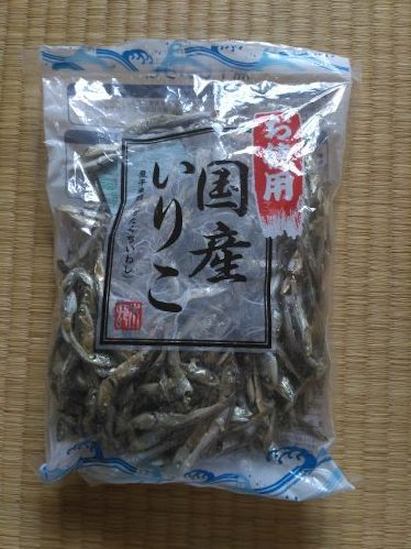
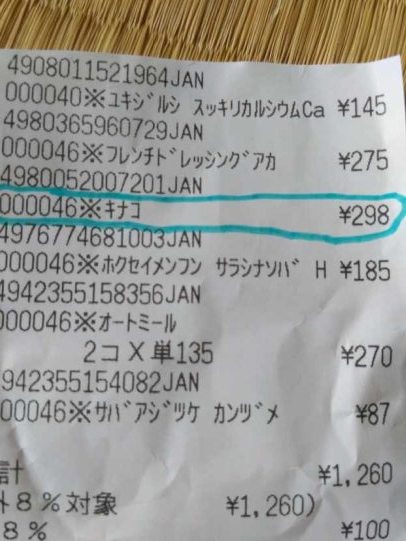
I wavered on being a full vegetarian for decades, but when I saw this quote, I gave up flesh foods entirely (though I did very briefly fall a couple times in the last decade) — but I reasoned, if I really want to please God, if the Lord COUNSELS us to do thus and so, that should settle it permanently for me.
“the Lord counsels the remnant church to discard the use of flesh meats, tea, and coffee, and other harmful foods.” CD 381.